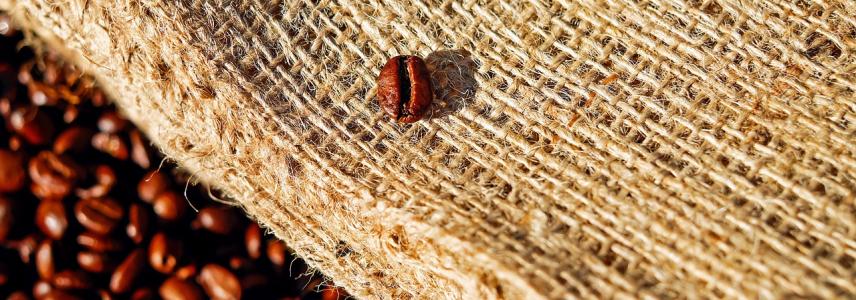The rise of Robusta towards speciality

The speciality coffee market is dominated by Arabica varieties known for their mild and harmonic taste. Robusta varieties suffer from their reputation for bitterness, low quality and high-in-caffeine content. Dark Roasting and blending are used to mask imperfections. Raising the status of Robusta coffees to the level of speciality coffee marks a significant change in the coffee market. Still, a growing number of Robusta lovers and Q Robusta graders are investing in it.
Attractive light-roasted coffees
Switzerland micro-roaster Röstlabor, for example, takes pride in doing things differently. The founders of Röstlabor are among the frontrunners in offering single-origin Robustas. These come from origins like Mexico and Thailand alongside speciality Arabicas. Röstlabor’s light-roasted coffees allow Robusta’s flavours and aromas to be fully expressed. This is attracting an ever-increasing consumer base.
As Robusta coffee makes its way into the speciality segment, small roasters still find it difficult to source high-quality Robusta beans. Few European importers specialise in this product. And incentives to farmers are low in terms of price and scale. The result is a limited supply of high-quality and unique-flavoured Robusta beans. However, there are good examples on the market too. Among today’s most famous Fine Robusta coffees is the Monsoon Malabar from India. These beans are exposed to the monsoon winds and rains for a few months before export.
Opportunities for Robusta beans
Meanwhile, a few producing countries are also changing their attitude towards Robusta coffees. In Costa Rica, a 2018 decree lifted a 30-year ban on the production of Robusta varieties. Colombia is one of the world’s largest producers of Arabica and the government and sector players give little incentive for Robusta production. Despite this, discussions on coffee diversification are intensifying. And in the country’s lower altitudes, farmers are experimenting with growing Robusta.
The limited supply of high-quality Robusta beans offers interesting opportunities for exporters able to provide constant supplies. The market for Fine Robusta is currently small. However, there are encouraging signs of growth. To learn more about the growing market for Fine Robusta, read the Perfect Daily Grind article ‘Can Fine Robusta Be Considered Quality Coffee?’
Find out more about developments in the European coffee market and interesting opportunities for your farm or export business on our coffee market intelligence page.
Stay informed
To stay informed on the latest developments in the coffee sector, subscribe to our newsletter.
This news article was written for CBI by Profound – Advisers in Development.